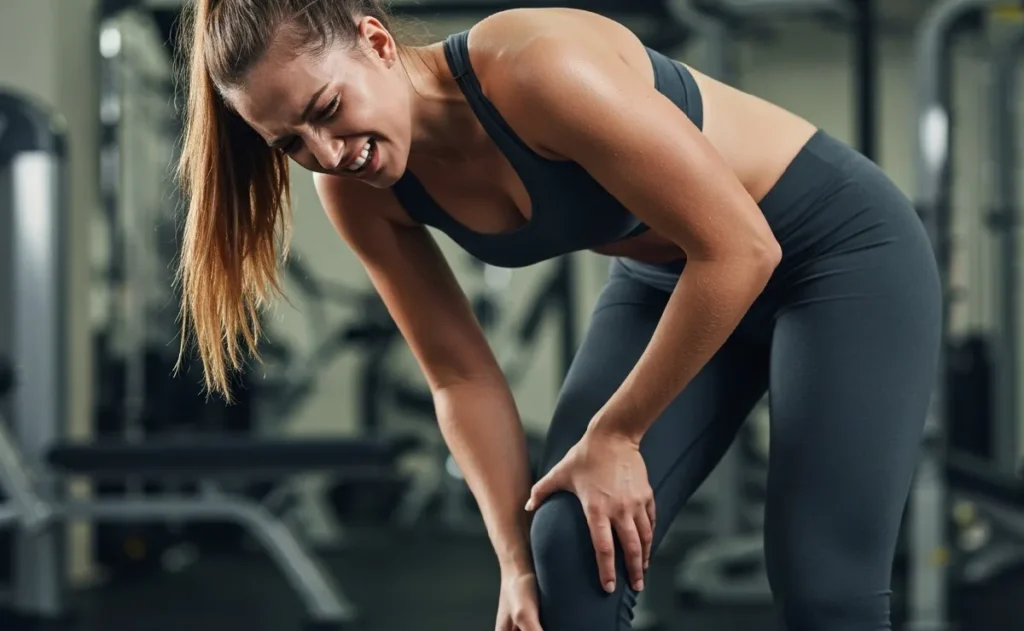Muscle cramps are involuntary and painful contractions that primarily affect the calves, thighs, and feet.
Although they usually last a few seconds, in some cases, they can last for several minutes, causing intense discomfort. According to the UNAM School of Medicine, these spasms can also occur in the hands, arms, abdomen, or chest, although less frequently.
This phenomenon is not limited to a specific age group and can affect both young and old. Its onset is related to multiple factors, including dehydration, excessive physical exertion, or maintaining the same posture for long periods.
Main causes of muscle cramps
According to the Mayo Clinic, the most common causes include:
- Muscle overload: especially when performing intense exercises or new movements.
- Dehydration: Loss of fluids through sweat can disrupt electrolyte balance.
- Prolonged postures: staying in the same position for too long can trigger spasms.
- Mineral deficiency: Low levels of potassium, calcium, or magnesium, either due to poor diet or as a side effect of diuretic medications.
- Circulatory problems: Poor blood flow in the legs can cause cramps when walking, which are relieved by stopping.
- Nerve compression: Disorders in the spine that put pressure on the nerves are also associated with this type of spasm.
Additional risk factors include aging, obesity, pregnancy, liver or thyroid disease, and disorders such as diabetes or neuropathies.
How to relieve a muscle cramp?
Although muscle cramps usually go away on their own, there are recommendations to reduce their duration and intensity:
- Stop physical activity immediately when the spasm occurs.
- Gently stretch the affected muscle and hold the position for a few seconds.
- Apply local heat in the initial phase to relax the muscles.
- Use cold compresses or ice after acute pain to reduce inflammation.
If pain persists, pain relievers such as ibuprofen or naproxen may be helpful, according to MedlinePlus.
Prevention: The best tool against cramps
To reduce the occurrence of muscle cramps, specialists recommend adopting preventive measures:
Constant hydration, especially before, during, and after exercise.
A diet rich in minerals, such as potassium and magnesium (present in bananas, spinach, and nuts).
Stretching routines, especially at the beginning and end of physical activity.
Avoid a sedentary lifestyle and maintain regular physical activity to strengthen your muscles.

